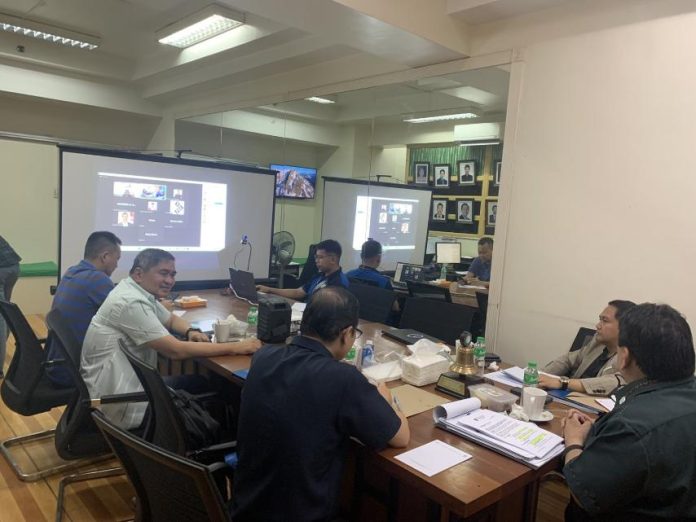
-
The Chamber of Customs Brokers, Inc. will file a motion for reconsideration on the Supreme Court ruling on declarants
-
The chamber said it will exhaust “all means possible within its disposal” to protect the welfare of the customs brokers’ profession following an SC decision that no longer restricts the signing of the goods declaration to customs brokers
-
CCBI is also collaborating with pro-customs broker lawmakers and interest groups to amend or completely remove Section 106(d) of the CMTA and strengthen the Customs Brokers Act of 2004
The Chamber of Customs Brokers, Inc. (CCBI) resolved to file a motion for reconsideration on the Supreme Court (SC) ruling on declarants.
The SC decision, issued on February 20, upholds Section 106(d) of the Customs Modernization and Tariff Act (CMTA), or Republic Act No. 10863, allowing individuals other than customs brokers to act as declarants and sign goods declarations.
READ: Signing of goods declaration not exclusive to customs brokers, rules SC
Additionally, the SC affirmed the constitutionality of RA 10863, rejecting CCBI’s claim it violated their right to equal protection under the law.
In an emergency meeting of the Board of Directors on September 29, CCBI vowed to exhaust all means to protect the customs broker profession relative to the SC ruling.
As of October 2, CCBI said they have yet to officially receive a copy of the SC decision.
“Though this decision is adverse to the cause adhered by CCBI against this attorney-in-fact provision of the CMTA, this is not yet the end for this case as there are still remedies available,” CCBI said.
Another course of action to be pursued by CCBI, in collaboration with pro-customs brokers lawmakers and interest groups, is the amendment or complete removal of Section 106(d) of the CMTA and giving “more flesh and spirit” to Republic Act (RA) 9280, or the Customs Brokers Act of 2004.
“This decision of the Supreme Court is an eye opener to the entire members of the customs broker profession to be united and more vigilant than ever in confronting issues where the interest of the profession is at stake,” CCBI stated.
“Rest assured, the CCBI National Chapter will do all means possible within its disposal in protecting the welfare of the profession,” the it added.
In a 13-page decision, the SC Second Division, under Associate Justice Antonio T. Kho, Jr., denied CCBI’s petition for review on certiorari. The petition challenged rulings of the Court of Appeals in 2021 and the Regional Trial Court in 2019 that rejected CCBI’s petition for declaratory relief against RA 10863, particularly Section 106(d).
Under Section 106(d), a person empowered to act as agent or attorney-in-fact for each holder may act as declarant, aside from the importer, exporter, and customs broker.
In 2004, Congress enacted RA 9280, or the Customs Brokers Act of 2004, regulating the customs broker profession. Section 27 of the law stipulated only customs brokers could sign import and export declarations.
Five years later, RA 9853 was passed, amending Section 27 of RA 9820 such that import declarations can be signed by both a customs broker and the consignee/owner/importer, while export declarations may be signed by the exporter or, at his option, a customs broker or authorized representative.
In 2016, RA 10863 was enacted to align the Philippines with the Revised Kyoto Convention, balancing customs control, revenue collection, and trade facilitation.
Section 106(d) of RA 10863 introduced the concept of a declarant who could be a consignee or a person with the right to dispose of the goods, including a person authorized to act as an agent or attorney-in-fact for each holder.
The law further stated the declarant must sign the goods declaration, even when assisted by a licensed customs broker, who also signs the goods declaration.
CCBI contested the validity of Section 106(d) of RA 10863 for violating the equal protection clause of the Constitution. They also argued Section 106(d) did not repeal or amend RA 9280 due to a lack of irreconcilable inconsistencies between them.
The Court clarified the equal protection guarantee meant no person or class of persons should be deprived of the same legal protection as others in similar circumstances. It stressed the clause did not demand absolute equality but rather required treating similar circumstances alike. — Roumina Pablo




